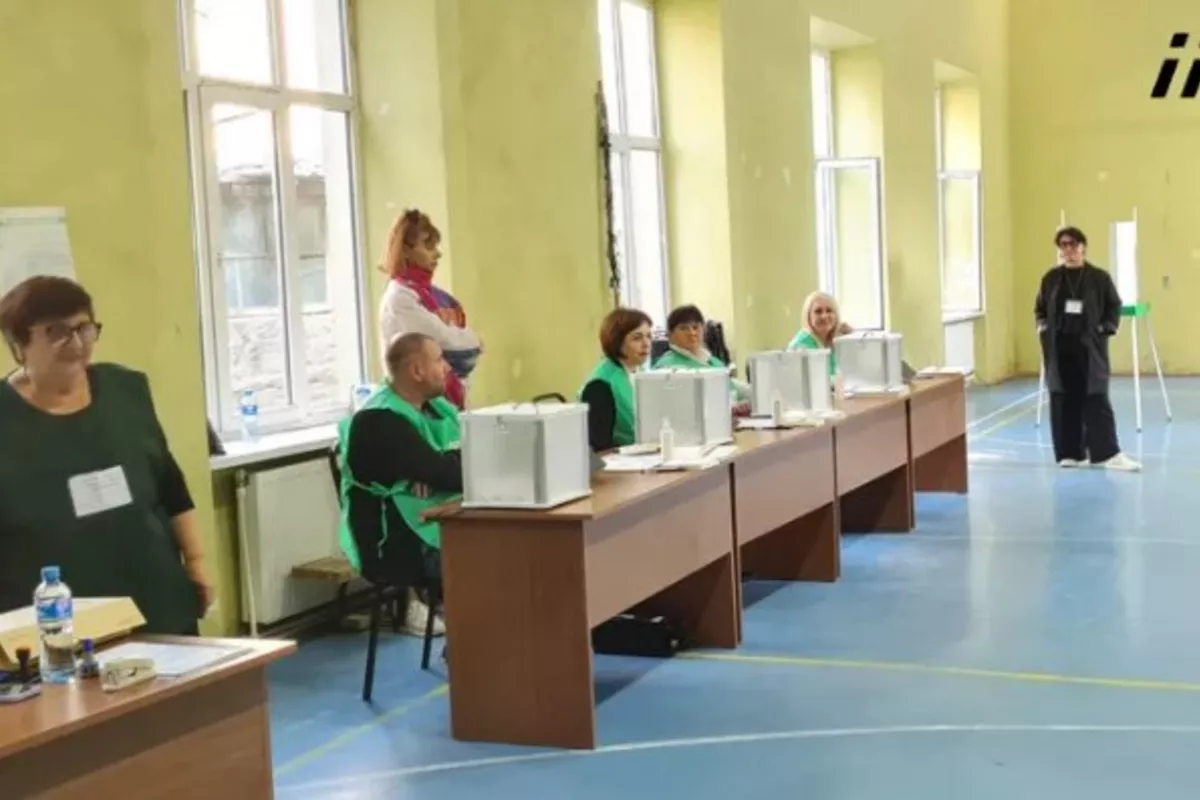
Photo credit: dfwatch.net
Three of Georgia’s leading non-governmental organizations (NGOs) have announced they will not monitor the country’s local elections on October 4, marking a departure from decades of tradition.
Transparency International Georgia (TI Georgia) said October 2 that it would abstain from observing the vote for the first time in its 25-year history, citing what it described as a “repressive environment” created by the ruling Georgian Dream party, The Caspian Post reports citing foreign media.The group argued that restrictive laws, fines, and the risk of criminal prosecution made it unsafe for its staff and volunteers to carry out their work. It also pointed to ongoing investigations by the government’s Anti-Corruption Bureau and the so-called “masks case,” in which TI Georgia’s director has been summoned for questioning.
The group warned that observers would be vulnerable to physical attacks by ruling-party supporters or to fabricated accusations from law enforcement. “In such a situation they would remain completely defenseless,” TI Georgia said in its statement.
The Georgian Young Lawyers’ Association (GYLA) and the International Society for Fair Elections and Democracy (ISFED) had earlier made similar announcements. GYLA said in September that the political and legal environment had become so restrictive that a full-fledged mission was “practically impossible.” ISFED, in August, assessed that free and fair elections were “significantly restricted” and stated it would not field its traditional observation mission, though it would continue to monitor developments.
The three organizations have historically played a central role in monitoring elections, often issuing detailed reports and parallel vote tabulations. In 2024, ISFED conducted such a tabulation but refused to release the full results, saying it did not want to legitimize the official results, which the opposition contested.
Prosecutors allege that NGOs are connected to violence after the parliamentary election last year. In the “masks case,” they claim that gas masks were distributed to protesters who clashed with police during unrest, raising questions about NGO involvement in sustaining the riots, which briefly resembled scenes from Ukraine 2014.
International frameworks such as the OSCE’s Copenhagen Document emphasize the role of both domestic and international observers in ensuring electoral credibility. TI Georgia underscored these standards in its statement, warning that “without free civil society, observer organizations, and media, free and fair elections are impossible.”
Previously, OSCE’s Office for Democratic Institutions and Human Rights (ODIHR) stated that the invitation to observe the election arrived too late, which combined with the absence of some domestic monitors may leave an information gap in on-the-ground reporting around Saturday’s poll.
Share on social media